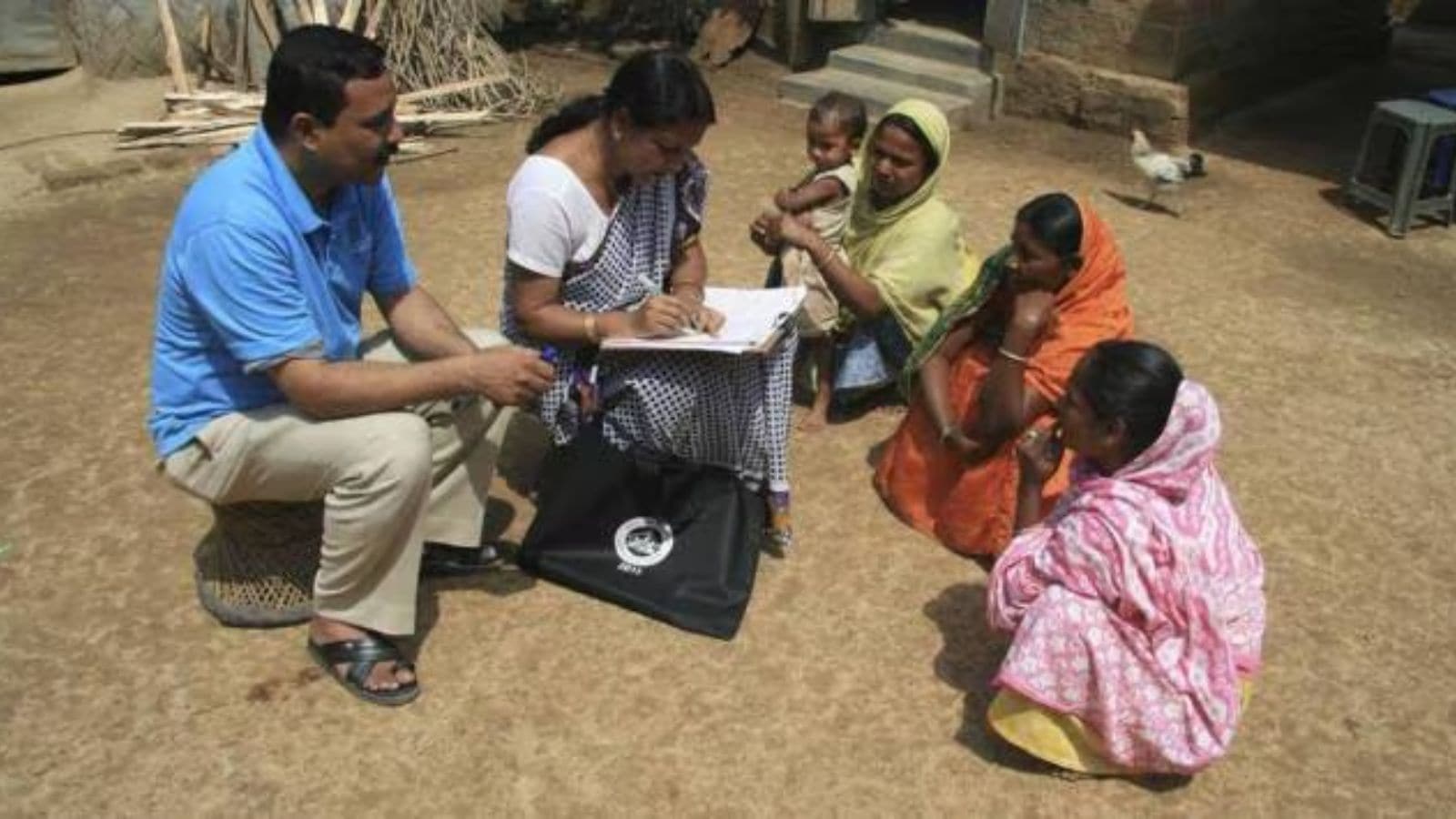ARTICLE AD BOX
Last Updated:September 05, 2025, 15:02 IST
The bench made it clear that the validity of a Hindu marriage remains governed exclusively by the provisions of the HMA, regardless of subsequent changes in nationality

News18
The Gujarat High Court recently ruled that a Hindu marriage performed in India under the Hindu Marriage Act (HMA) cannot be dissolved by foreign courts merely because the couple later acquires a different citizenship or domicile.
A division bench of Justices A.Y. Kogje and N.S. Sanjay Gowda on August 8, 2025, set aside an order of the Ahmedabad family court that had upheld an Australian divorce decree. The bench made it clear that the validity of a Hindu marriage remains governed exclusively by the provisions of the HMA, regardless of subsequent changes in nationality.
“The citizenship of the parties to a Hindu marriage has absolutely no relevance. What matters is that both profess the Hindu faith and entered into the marital bond under the HMA. Such a marriage cannot be dissolved under any other law, even if the spouses later acquire citizenship of another country," the bench observed.
The case involved a couple who married in Ahmedabad in 2008. After settling in Australia, they obtained citizenship there. In 2016, the husband secured a divorce from an Australian court. The wife later returned to India and challenged the decree, also filing proceedings for maintenance and restitution of conjugal rights. The family court dismissed her claims, reasoning that the Australian court had jurisdiction as both spouses were Australian citizens.
The high court disagreed, stressing that recognising such foreign decrees would erode the foundation of Hindu marriage law. It relied on the Supreme Court’s 1991 ruling in Y. Narasimha Rao v. Y. Venkata Lakshmi, which held that foreign divorce decrees are not binding in India unless granted on grounds recognised by the HMA.
The bench highlighted the sacrosanct nature of Hindu marriage, noting that while divorce is permitted, it is allowed only on limited statutory grounds. The court specifically pointed out that “irretrievable breakdown of marriage," a common basis for divorce abroad, has not been incorporated into Indian law despite repeated recommendations.
“Every Hindu marriage must be examined through the prism of the HMA, and not by applying general notions of marriage and divorce prevalent under other legal systems," the judges wrote in their 48-page decision. They warned that recognising foreign divorces would lead to contradictory situations where a person could be treated as divorced overseas but continue to be married under Indian law.
The bench also noted that when couples return to India, they reaffirm their original domicile, which bars them from seeking to dissolve their marriage in a country chosen later as their residence.
Setting aside the family court’s decision, the high court directed it to hear the wife’s pending suits seeking restitution of conjugal rights and a declaration invalidating the Australian decree on their merits in accordance with Indian law.

Salil Tiwari, Senior Special Correspondent at Lawbeat, reports on the Allahabad High Court and courts in Uttar Pradesh, however, she also writes on important cases of national importance and public interests fr...Read More
Salil Tiwari, Senior Special Correspondent at Lawbeat, reports on the Allahabad High Court and courts in Uttar Pradesh, however, she also writes on important cases of national importance and public interests fr...
Read More
First Published:
September 05, 2025, 15:02 IST
News india Foreign Divorce Decrees Can’t End Hindu Marriages Solemnised In India: Gujarat HC
Disclaimer: Comments reflect users’ views, not News18’s. Please keep discussions respectful and constructive. Abusive, defamatory, or illegal comments will be removed. News18 may disable any comment at its discretion. By posting, you agree to our Terms of Use and Privacy Policy.
Read More



.png)
.png)
.png)
















 2 days ago
5
2 days ago
5







 English (US) ·
English (US) ·